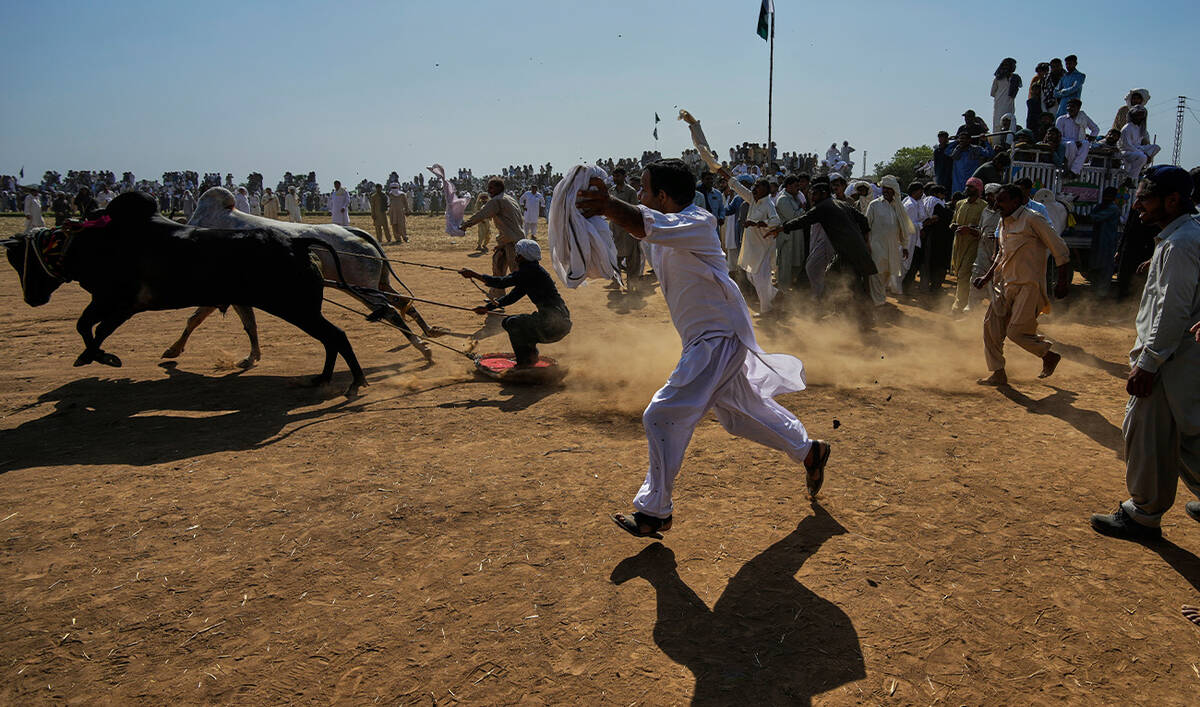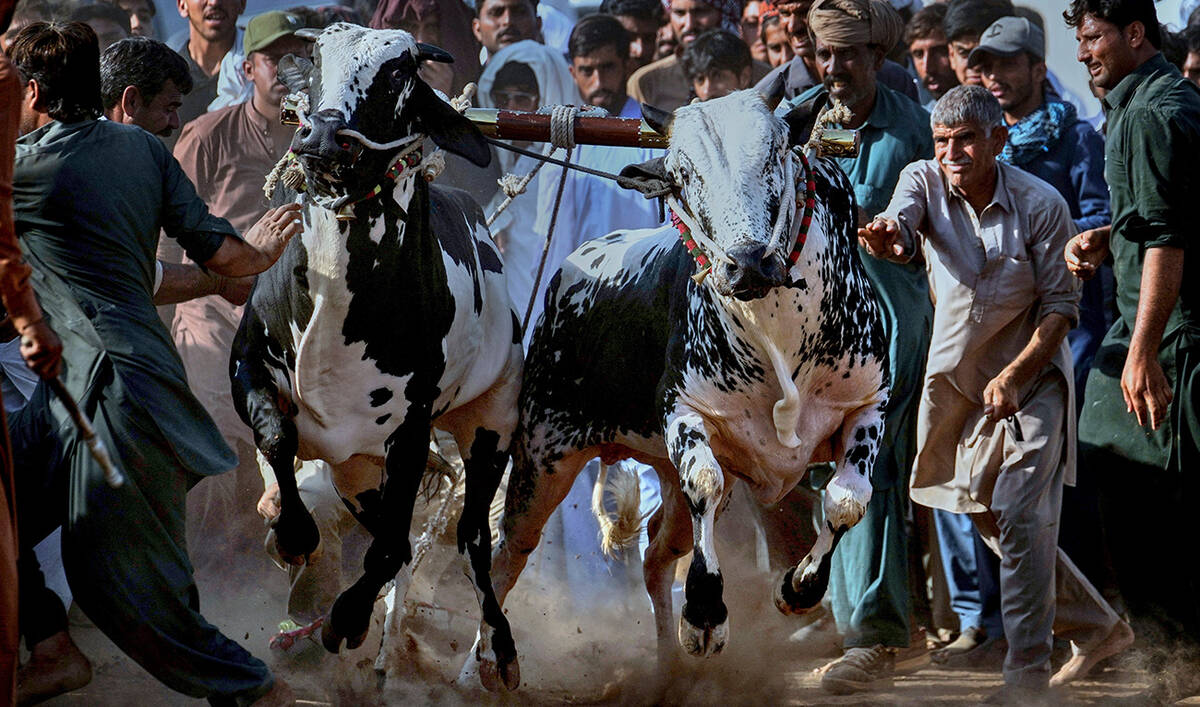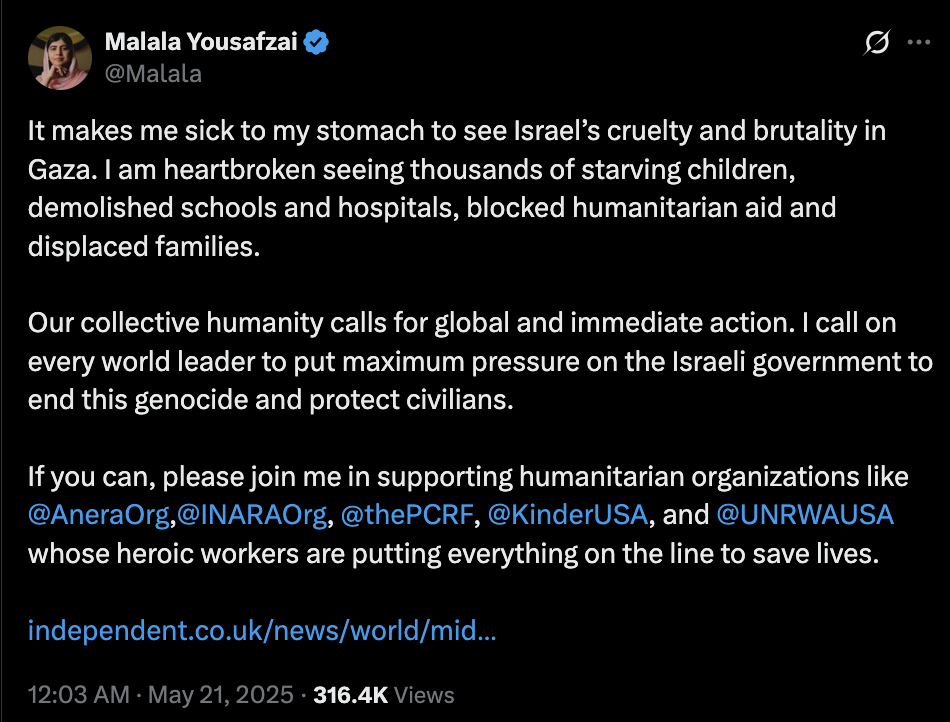ISLAMABAD: A high-level delegation set up by Prime Minister Shehbaz Sharif to present Pakistan’s position and advocate for the country in world capitals following a recent military conflict with India is receiving briefings from top foreign office officials and would carry a “message of truth and peace,” the head of the team said on Wednesday.
Sharif announced the diplomatic group last week and said it would be headed by Pakistan Peoples Party Chairman Bilawal Bhutto Zardari, who is a former foreign minister.
Speaking to media on Wednesday, Bhutto Zardari said his team had received a briefing from the ministry of foreign affairs on the recent standoff with India and a ceasefire brokered by the US, as well as on contention issues like the Kashmir dispute, terrorism, and India’s unilateral move to suspend the Indus Water Treaty.
“We are very thankful to the Foreign Secretary and the entire team here for briefing us. We hope that when we go forward with Pakistan’s message, a message of truth and peace, people will be willing to listen,” Bhutto Zardari said.
“We have always aimed to ensure that not only between India and Pakistan, but also throughout the entire region, flashpoints, whether it is the long-standing issue of Kashmir or terrorism, are addressed.”
As a victim of terrorism itself, Pakistan was “committed to seeing it dealt with and eliminated,” Bhutto Zardari said.
Tensions between nuclear-armed neighbors Pakistan and India are high after they struck a ceasefire on May 10 following the most intense military confrontation in decades.
Both countries accuse the other of supporting militancy on each other’s soil — a charge both capitals deny.
The latest military escalation, in which the two countries traded missile, drones and artillery fire, was sparked after India accused Pakistan of supporting militants who attacked dozens of tourists in Indian-administered Kashmir on April 22, killing 26. Islamabad denies involvement.
“We have just witnessed how, after a terrorist incident, two nuclear countries were on the warpath. This makes it even more important for us to address the issue of terrorism,” Bhutto Zardari said.
“We should not only talk about it but also work toward finding a solution. Our goal should be to rid this region of terrorism. And if, God forbid, such a problem arises in the future, there should never be a situation where two nuclear-armed countries are pushed toward war.”
After the tourist attack, Delhi “put in abeyance” its participation in the Indus Waters Treaty of 1960, which governs usage of the Indus river system. The accord has not been revived despite the rivals agreeing on a ceasefire last week following the conflict.
Islamabad said after India suspended the treaty that it considered “any attempt to stop or divert the flow of water belonging to Pakistan” to be an “act of war.”
About 80 percent of Pakistani farms depend on the Indus system, as do nearly all hydropower projects serving the country of some 250 million.
Bhutto Zardari lamented that India was “weaponizing” water, calling it “both unfortunate and extremely dangerous.”
“The people of Pakistan want peace, and I believe the majority of Indians also desire peace between our two nations. But that peace will not be possible unless we resolve the issues of Kashmir, terrorism, and the water dispute that India has initiated,” he said.
“At this moment, Pakistan is clearly saying that we want peace, we want dialogue, while India lags behind on this path.”



















